It was Cinco de Mayo – but we’d never heard of Cinco de Mayo back in 1964. Even today, many people think that Cinco de Mayo is the celebration of Mexican Independence Day – but it’s not. Cinco de Mayo commemorates the day that the Mexican Army won an underdog victory over French forces at the Battle of Puebla in 1862. Mexico’s Independence Day is September 16.
So back then it was just plain old May 5, 1964, and the Phillies were riding the short end of a three-game losing streak – their only losing streak thus far. In fact, they found themselves out of first place for the first time.
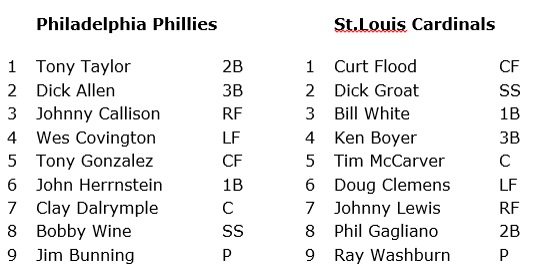 Jim Bunning (3-0) was taking the mound on the getaway day of the two-game series in St. Louis in the hopes of breaking the losing streak. It was also the last day of a seven-game road trip.
Jim Bunning (3-0) was taking the mound on the getaway day of the two-game series in St. Louis in the hopes of breaking the losing streak. It was also the last day of a seven-game road trip.
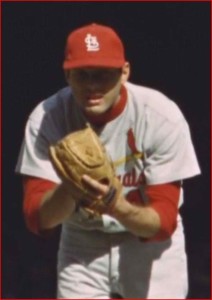 Bunning’s mound opponent was Jim Washburn – a 26-year-old rookie right-hander making his first big-league start. Washburn was promoted to the big club from the AAA Jacksonville Suns after pitching a 1-0 complete-game shutout in his only appearance for the Suns.
Bunning’s mound opponent was Jim Washburn – a 26-year-old rookie right-hander making his first big-league start. Washburn was promoted to the big club from the AAA Jacksonville Suns after pitching a 1-0 complete-game shutout in his only appearance for the Suns.
Bunning was coming off three straight wins.
Washburn and Bunning locked up in a scoreless pitcher’s duel through four-and-a-half innings. Then the Cards came to bat in the bottom of the fifth.
Right-fielder Johnny Lewis led off with a double. Second-baseman Phil Gagliano followed with a single, Lewis scored, and the Cards led 1-0.
Bunning struck out Washburn for the first out. But Curt Flood singled to put runners on first and second with one out. Bunning got shortstop Dick Groat on a liner for the second out. But Bill White singled and Gagliano scored to give the Cards a 2-0 lead.
Nothing for the Phillies in the sixth.
Tim McCarver led off the bottom of the sixth with a double.
After Bunning’s troublesome fifth inning, Gene Mauch felt that Bunning had lost his stuff and replaced him with Chris Short (0-0). Short was making his sixth relief appearance. Thus far, he’d given up no hits and no runs while striking out nine.
And Short was lights out again. He retired the Cards 1-2-3 and left McCarver stranded on second.
Short was lifted for a pinch-hitter in the top of the seventh, and Johnny Klippstein (2-0) came in to pitch the bottom of the seventh. Fresh off the disabled list, Klippstein had picked up two wins in his only two relief appearances before going on the DL.
Klippstein threw a scoreless seventh. But it was still 2-0 Cards when the Phillies came to bat in the top of the eighth.
Washburn got Johnny Callison on a routine grounder to second and Wes Covington on a pop to first. But Tony Gonzalez hit his second home run of the year to cut the Cards lead to 2-1.
Klippstein pitched a scoreless eighth to lower his ERA to 1.69.
Bobby Wine singled to start the ninth. And that was Cards manager Johnny Keane’s cue to bring Ron Taylor (0-1) into the game to relieve Washburn. Taylor was already making his 11th appearance of the young season but he’d yet to be effective – racking up a loss, a blown save, and a 6.48 ERA. But Taylor was sharp – retiring the three batters he faced to preserve the win.
Ray Washburn (1-0) picked up an impressive win in his first big-league start and Ron Taylor earned his first save.
Jim Bunning (3-1) was tagged with his first loss. And that made it four straight losses for the Phillies.
Later that night in San Francisco, former Phil Jack Sanford (3-2) out-dueled Don Nottebart (0-3) as the Giants edged the Colts 2-1.
The Giants’ win and Phillies’ loss dropped the Phils into third place ─ two games behind the Giants and one game behind the Braves.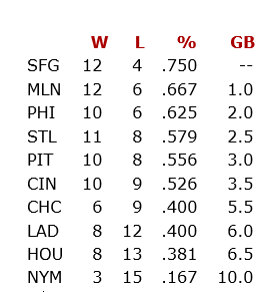
(Excerpted from 1964 – The Year the Phillies Blew the Pennant by Barry Bowe.)


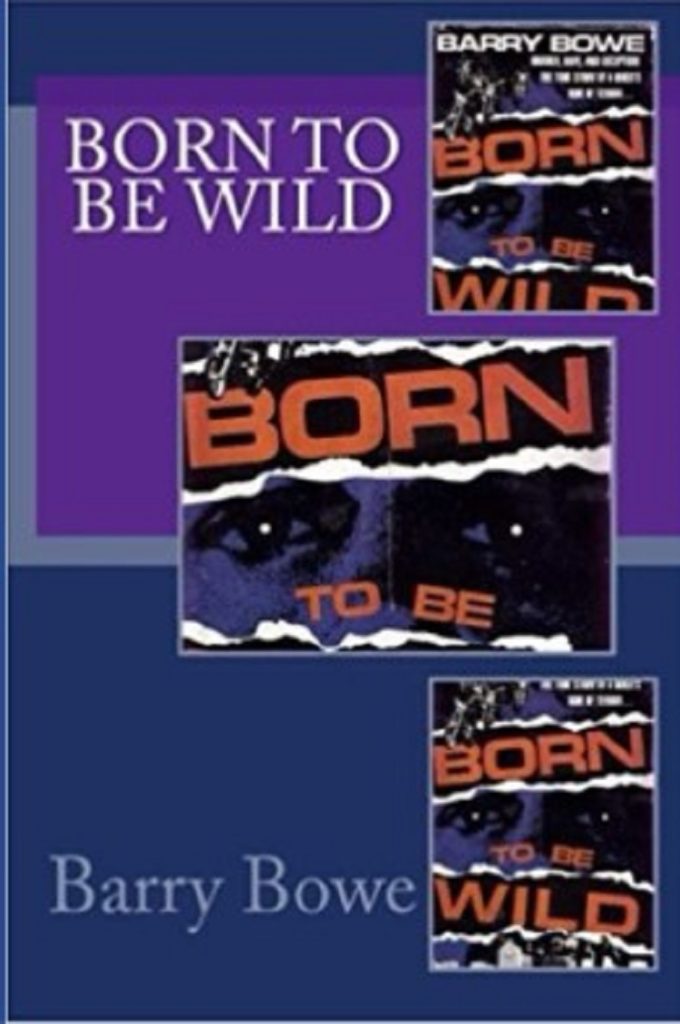


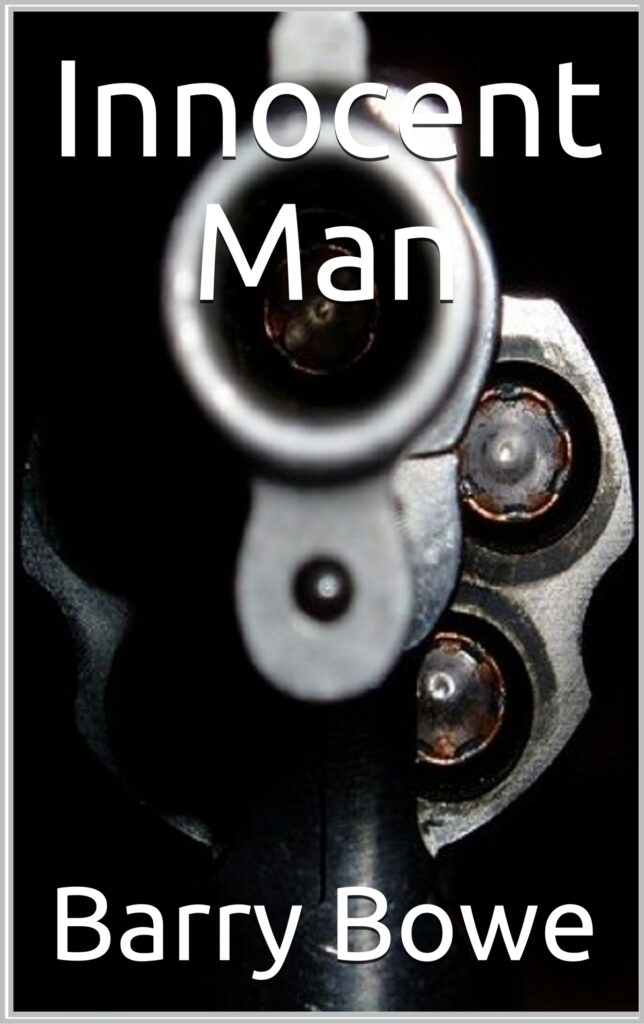
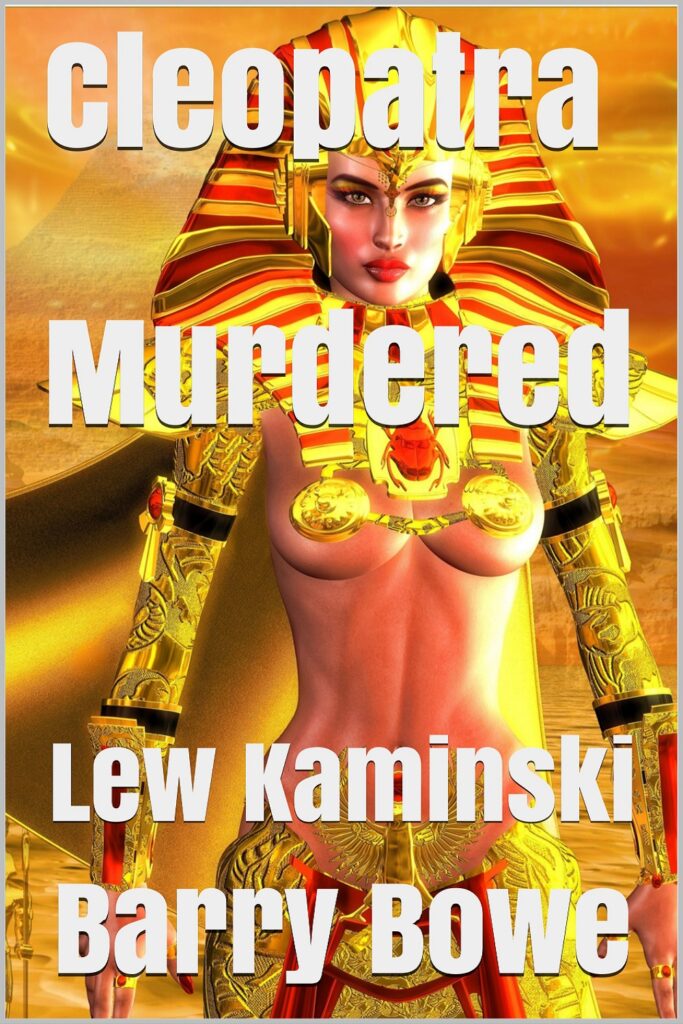
Comments
No Comments